Robert Jenrick is right: the EU’s New Pact on Migration and Asylum is ‘not worth the paper it’s written on’. The former immigration minister, who resigned earlier this month, is not the first European politician to rubbish the treaty, which was unveiled on Wednesday with much fanfare. Jordan Bardella, the president of the National Rally in France, said that his party will ‘oppose with all our strength this mad project of organised submersion of Europe’.
Already a subscriber? Log in
Subscribe for just $2 a week
Try a month of The Spectator Australia absolutely free and without commitment. Not only that but – if you choose to continue – you’ll pay just $2 a week for your first year.
- Unlimited access to spectator.com.au and app
- The weekly edition on the Spectator Australia app
- Spectator podcasts and newsletters
- Full access to spectator.co.uk
Or


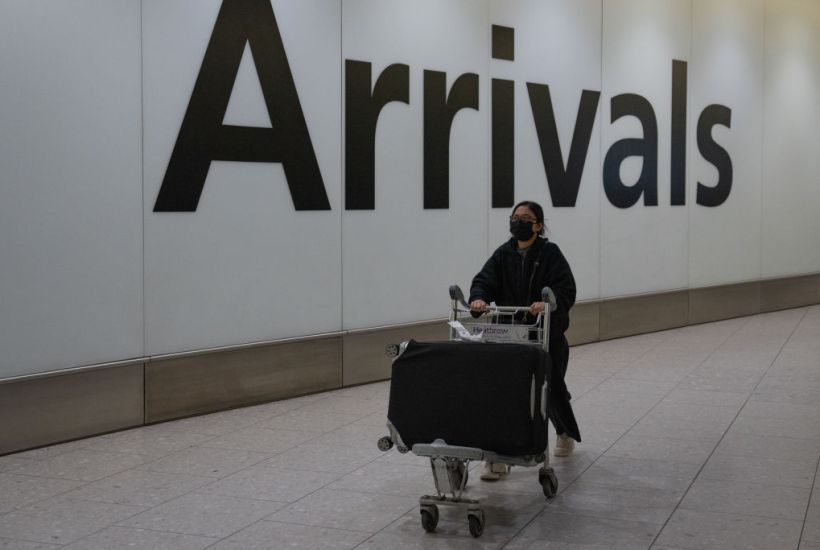
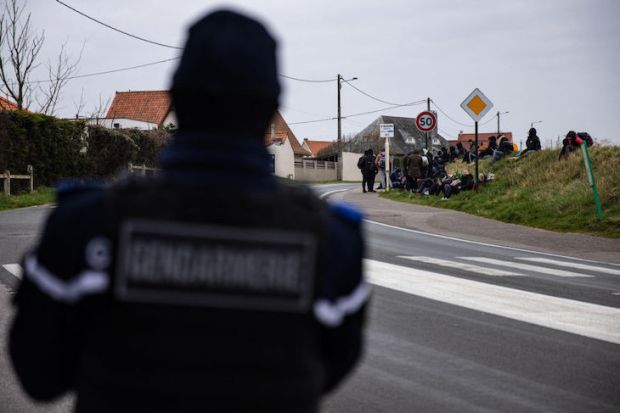

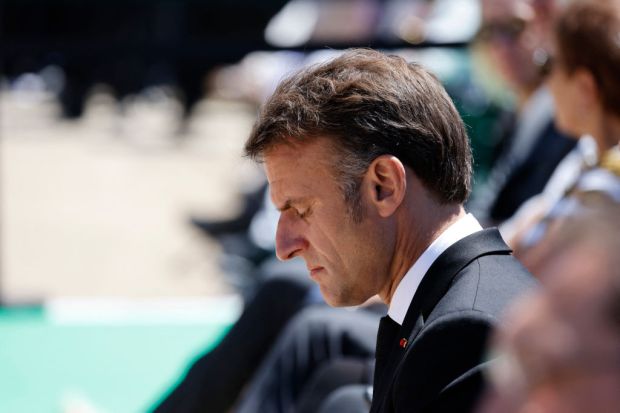
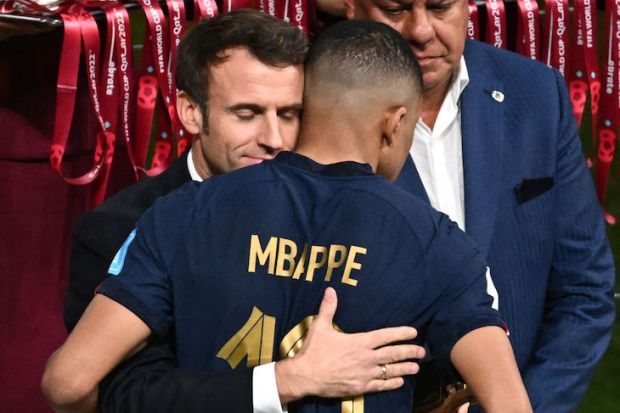
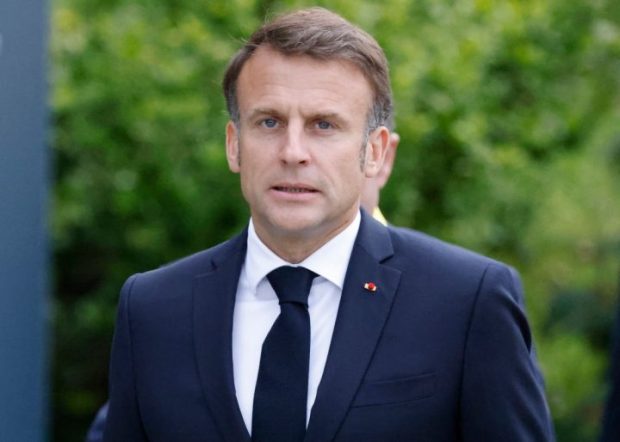







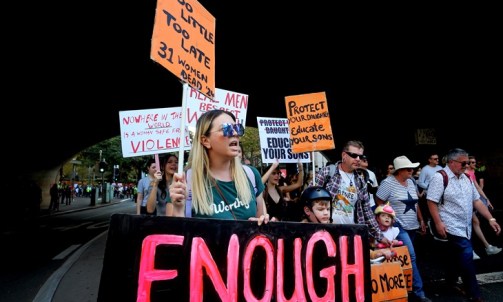





Comments
Don't miss out
Join the conversation with other Spectator Australia readers. Subscribe to leave a comment.
SUBSCRIBEAlready a subscriber? Log in